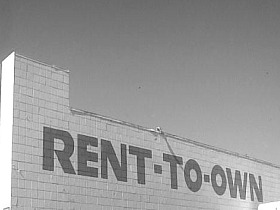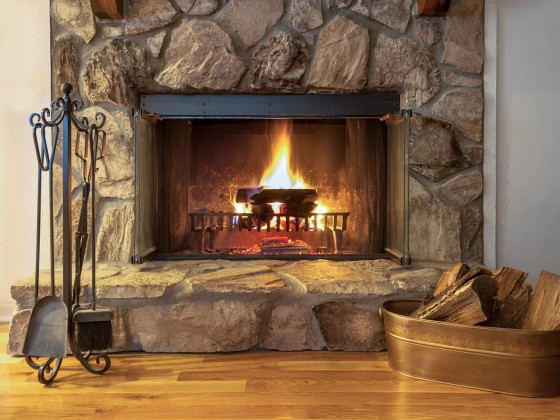What's Hot: Cash Remained King In DC Housing Market In 2025 | 220-Unit Affordable Development Planned Near Shaw Metro
 Rent to Own: Does It Make Sense?
Rent to Own: Does It Make Sense?
✉️ Want to forward this article? Click here.

Renters in the D.C. area may be tempted by “rent-to-own” advertisements on Craigslist or other websites, but if ever there were a “buyer beware” situation it is this one. Rent-to-own contracts can be complicated and should be carefully reviewed by an experienced real estate professional to make sure the buyer is protected and getting a good deal.
That said, for buyers with challenged credit or not enough savings for a down payment, a lease-to-own arrangement can make sense, with a few caveats.
It is very important to make sure that you understand the terms of the lease. Typically, a landlord/seller will give you a credit each month for a portion of your rent to be used toward the purchase, and this credit will be for an amount you pay each month above the market rent. For example, you might pay $2,200 each month for a home which would normally rent for $1,900. The extra $300 per month will be credited toward the home purchase. Some landlords will even add money to the credit, so that the tenants/buyers can build up their savings more quickly.
This credit is a crucial part of the deal. When the renters are ready to buy, a lender will only allow a credit for the buyers for that portion of their rent which was above the going market rent for a similar home. The credit only shows up on the settlement sheet, so if the tenant decides not to buy the property at the end of the lease, they will not be refunded the extra rent they have been paying. The sellers have taken their home off the market during this period, so the extra rent is considered their payment for that lease/own arrangement.
Perhaps the most important thing to know about these deals is that the price of the home and a settlement date are typically part of the lease/own contract, so the sellers have agreed to sell the home at a particular price regardless of whether the home’s value goes up or down. So, the buyer may end up with a great deal if home prices rise faster than expected, having locked in a price at the beginning of the lease. However, if the price drops, the tenant has the option of not buying the property or attempting to renegotiate with the sellers. However, leaving behind that rent credit can be a big incentive for someone to go ahead with the purchase regardless of the price.
A few more things for buyers to think about when it comes to a lease-to-own arrangement:
- Make sure all the responsibilities about who will pay for utilities, repairs and routine maintenance are written into the contract. The landlord still owns the home, but sometimes tenants are ready and willing to take on small repairs or make improvements to the property.
- Renters/buyers should always have a home inspection even if they live in the property so they have a good knowledge of the condition of the home.
See other articles related to: dclofts, renting in dc
This article originally published at https://dc.urbanturf.com/articles/blog/rent_to_own_does_it_make_sense/1428.
Most Popular... This Week • Last 30 Days • Ever

Today, UrbanTurf is taking a look at the tax benefits associated with buying a home t... read »

Lincoln-Westmoreland Housing is moving forward with plans to replace an aging Shaw af... read »

The small handful of projects in the pipeline are either moving full steam ahead, get... read »

A potential innovation district in Arlington; an LA coffee chain to DC; and the end o... read »

A soccer stadium in Baltimore; the 101 on smart home cameras; and the epic fail of th... read »
DC Real Estate Guides
Short guides to navigating the DC-area real estate market
We've collected all our helpful guides for buying, selling and renting in and around Washington, DC in one place. Start browsing below!
First-Timer Primers
Intro guides for first-time home buyers
Unique Spaces
Awesome and unusual real estate from across the DC Metro














